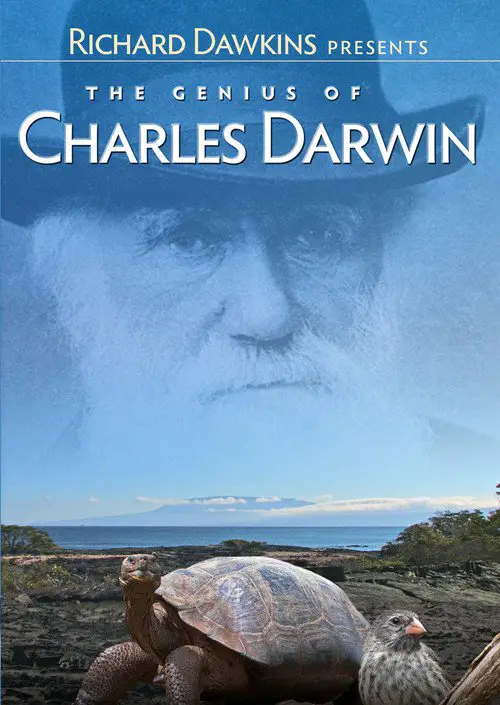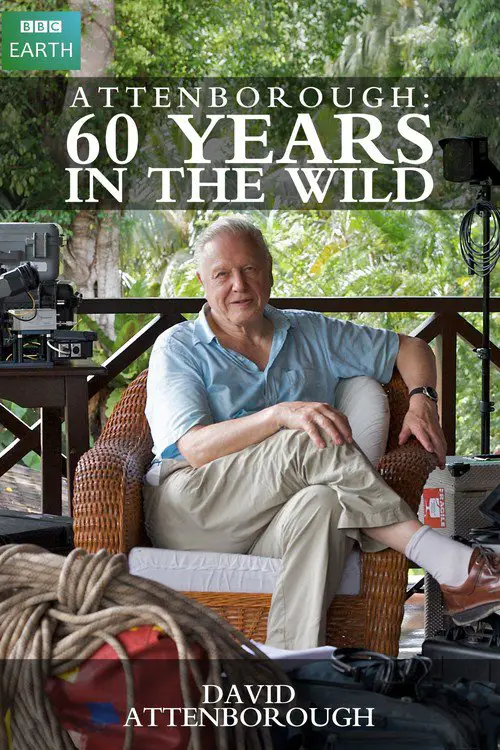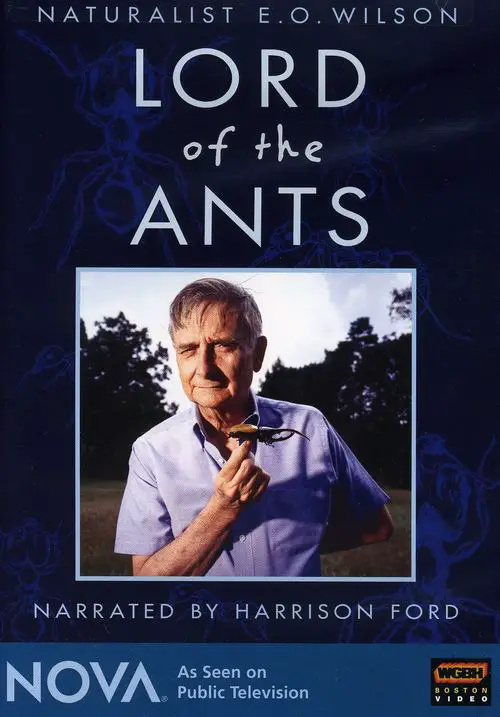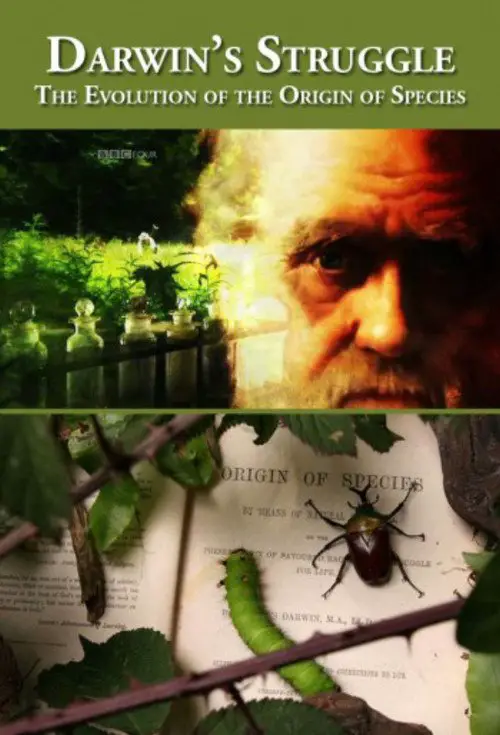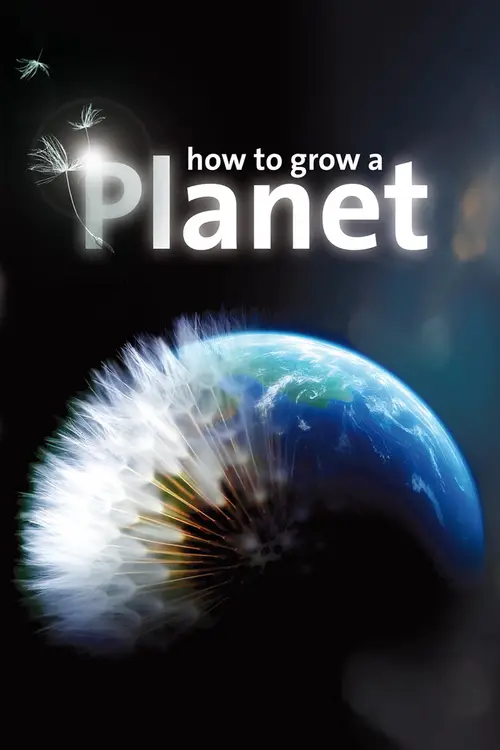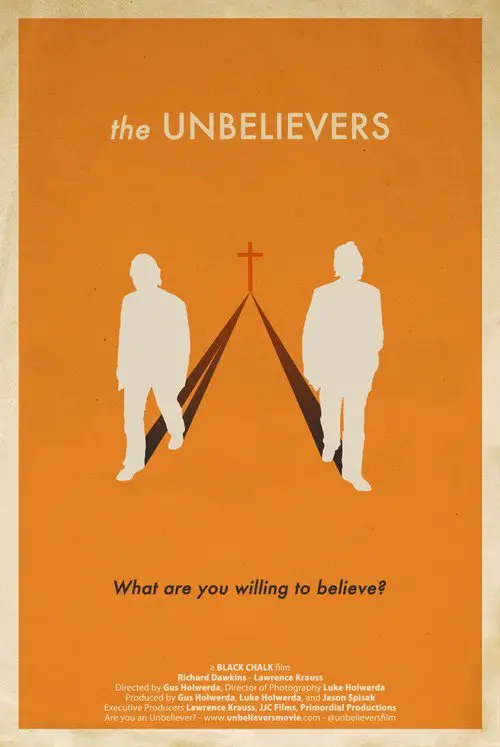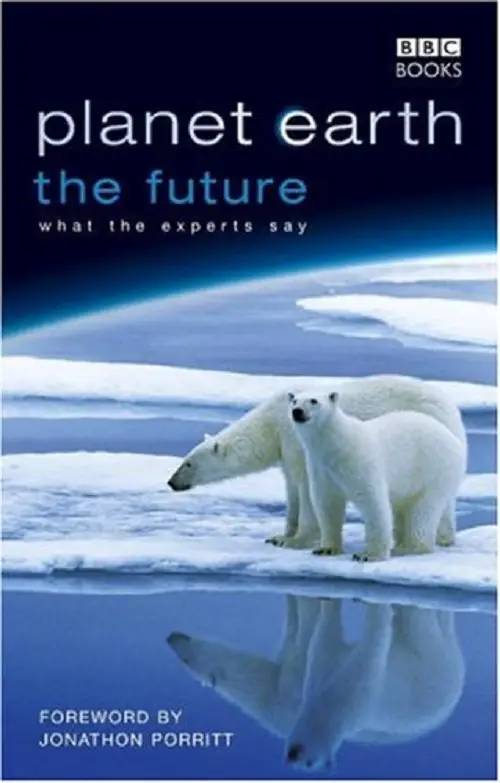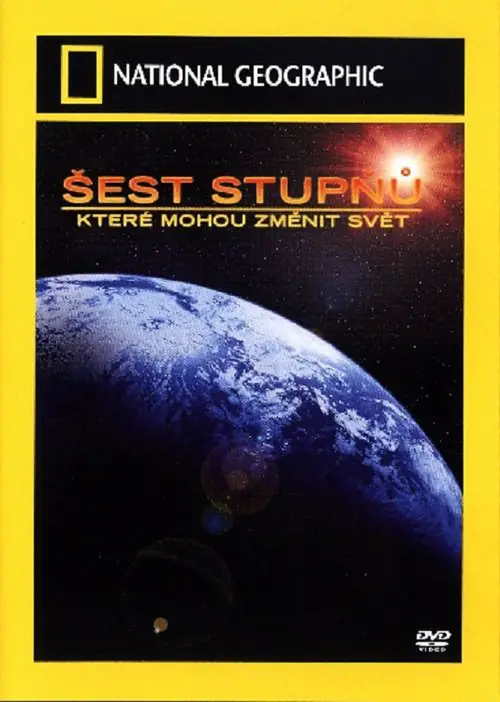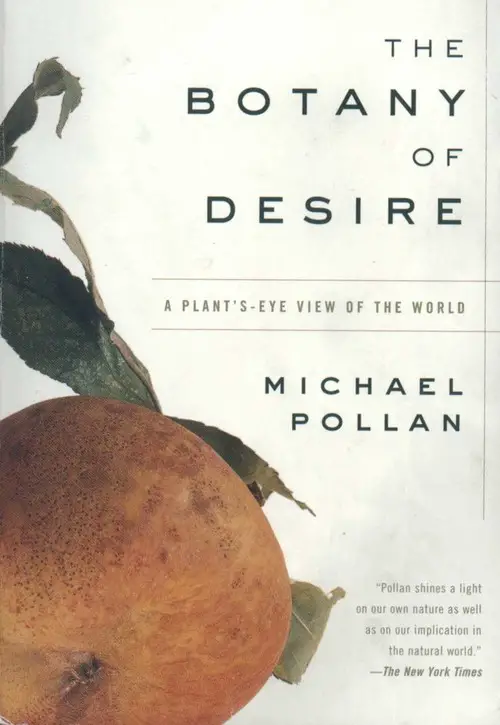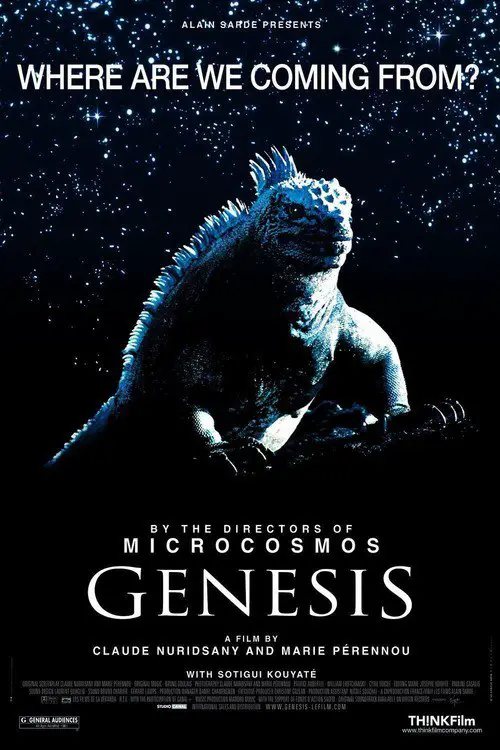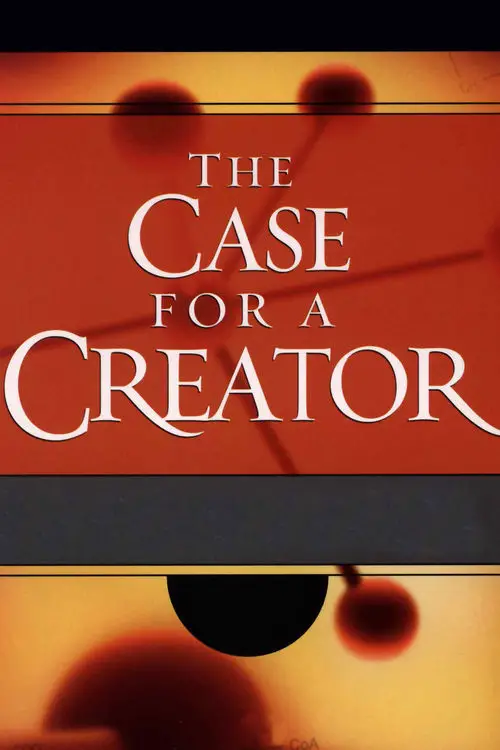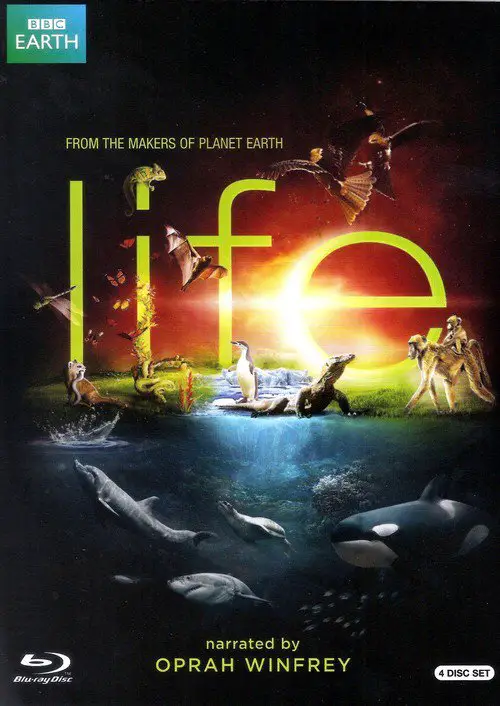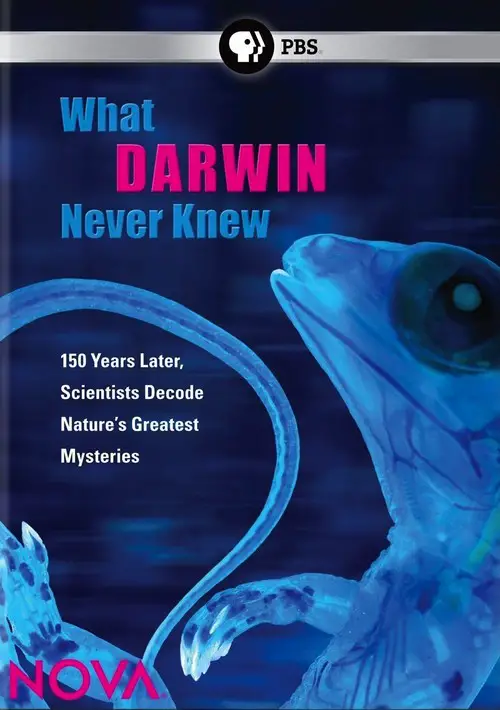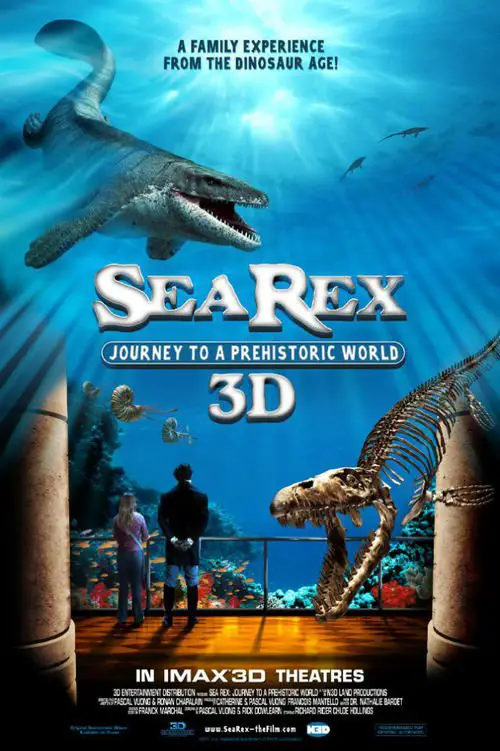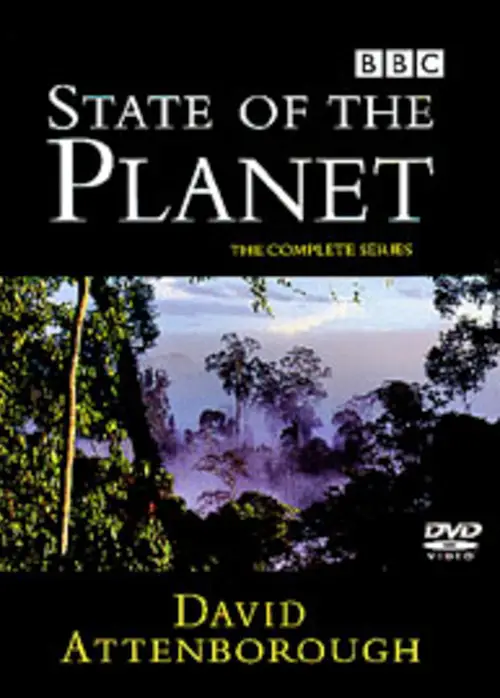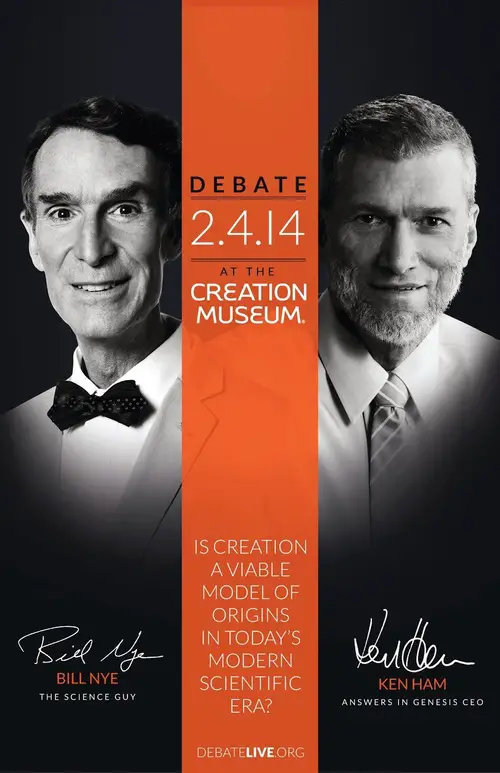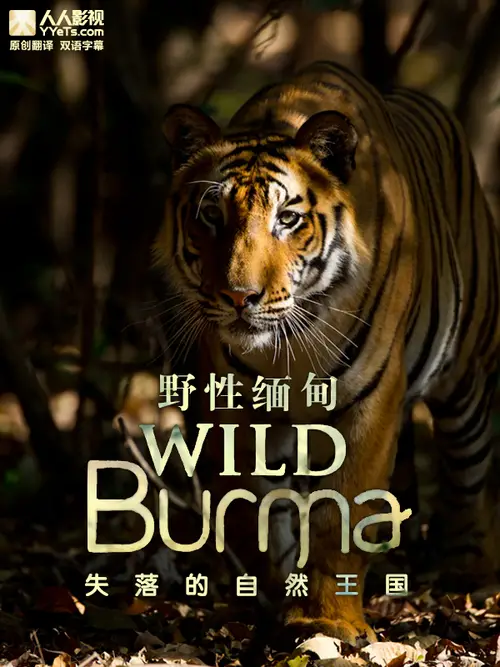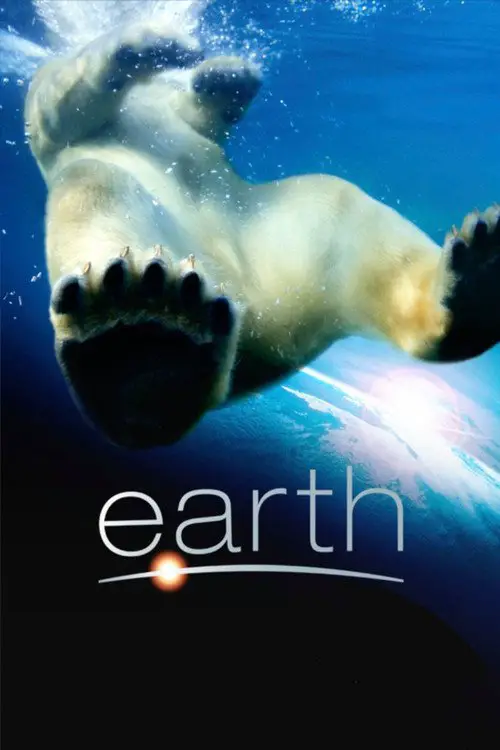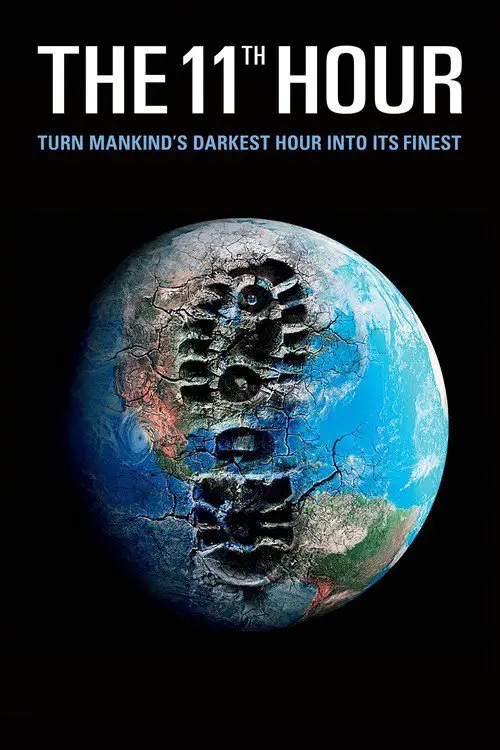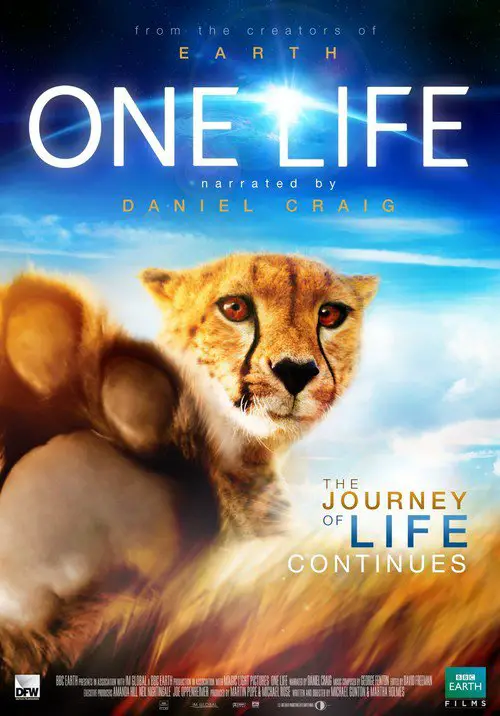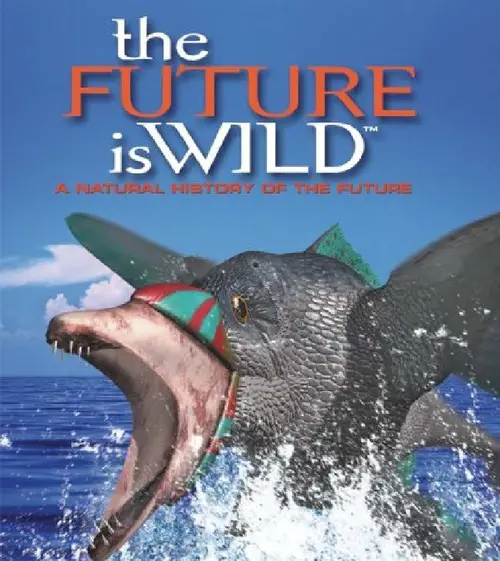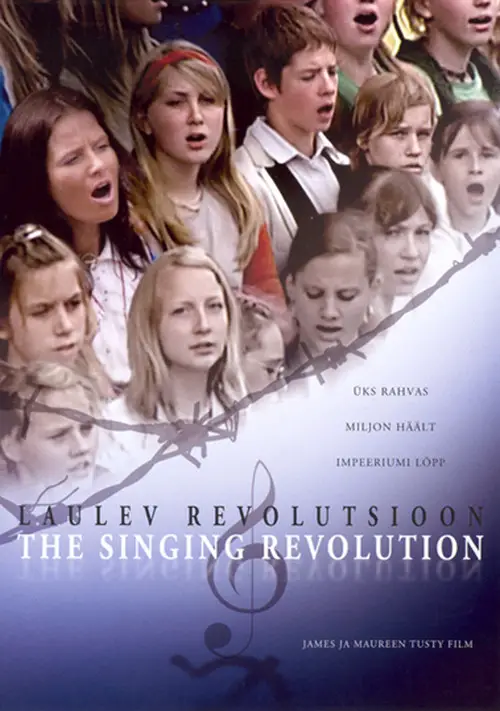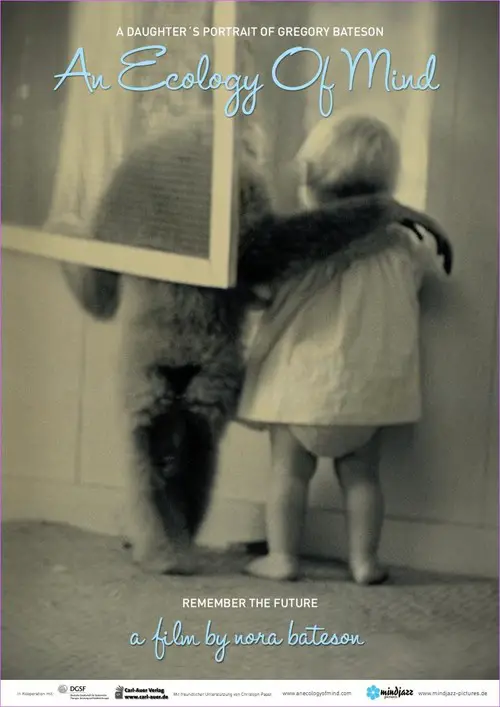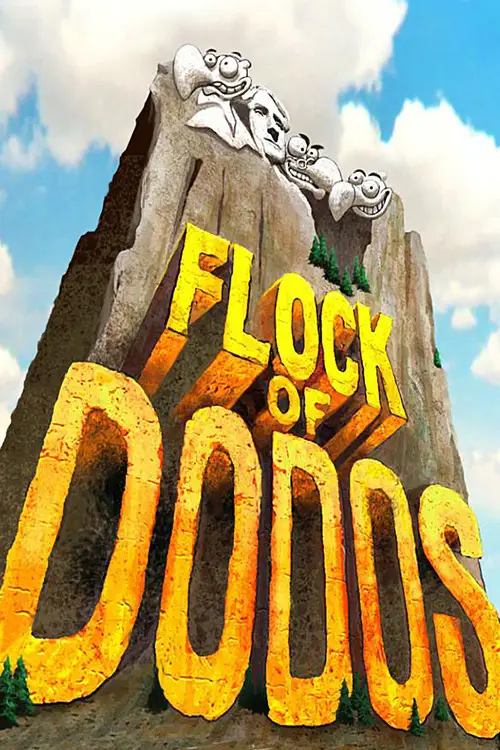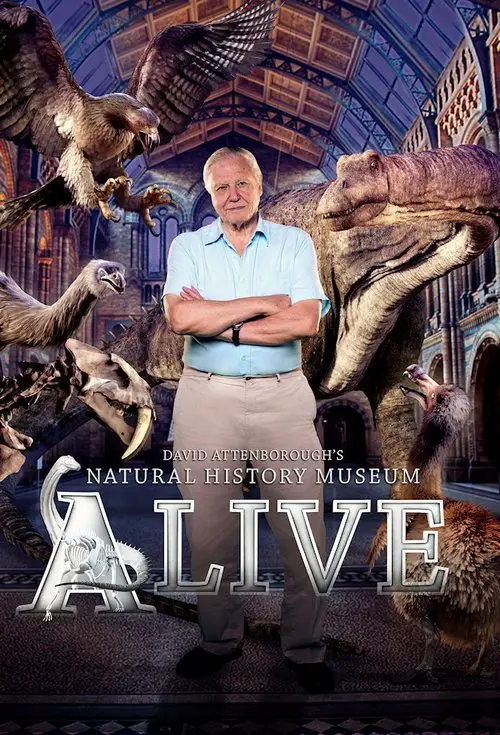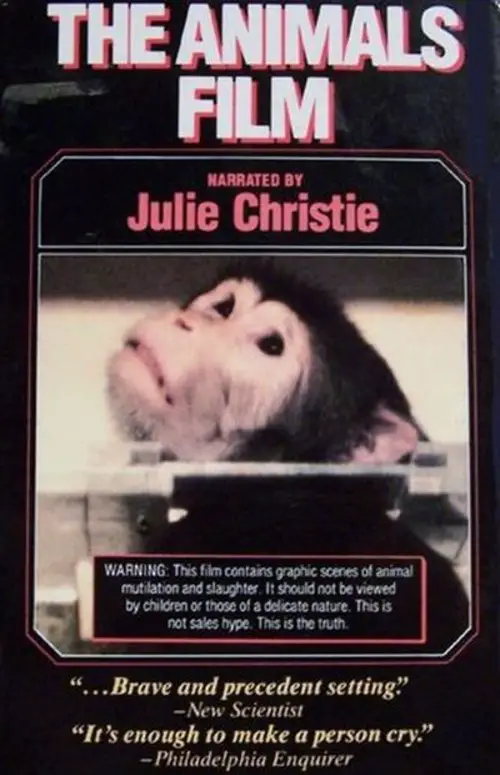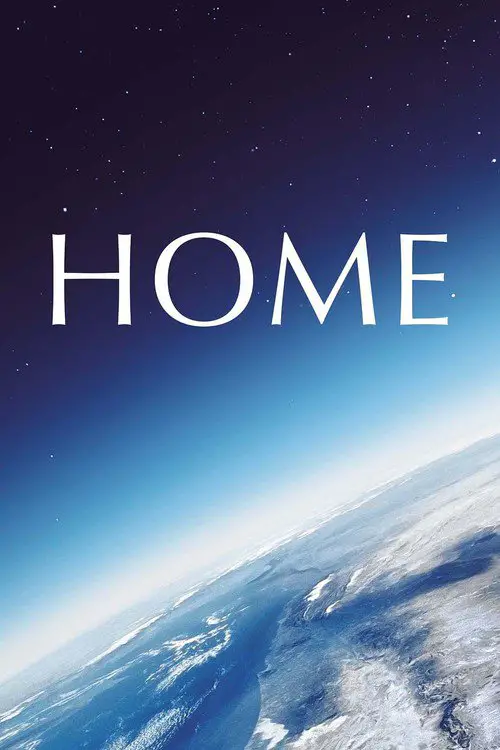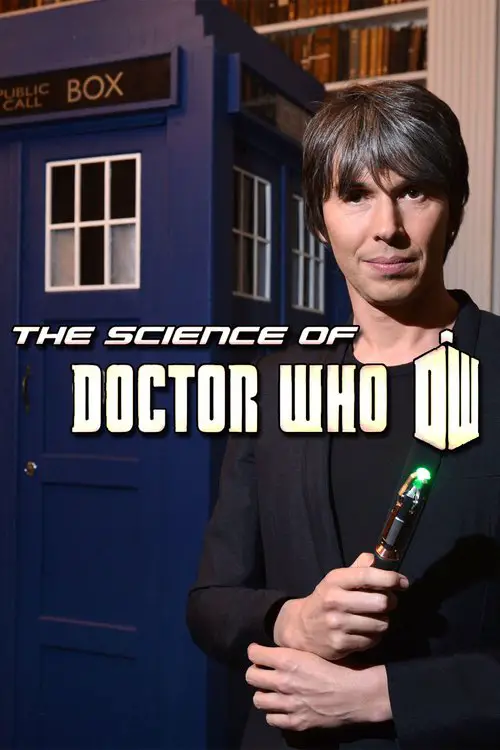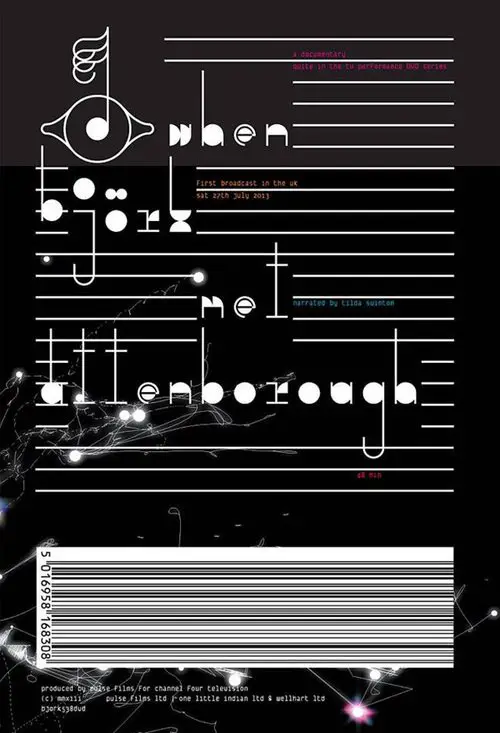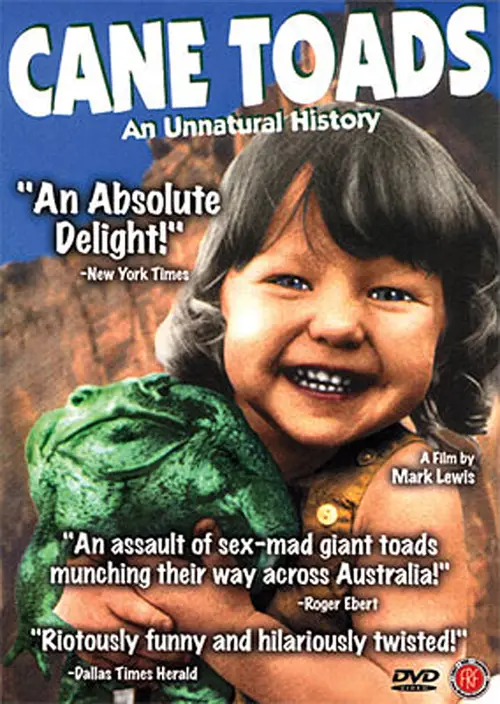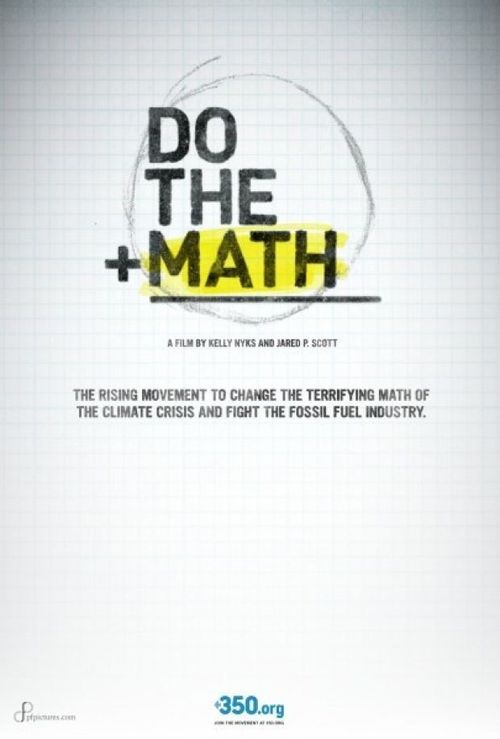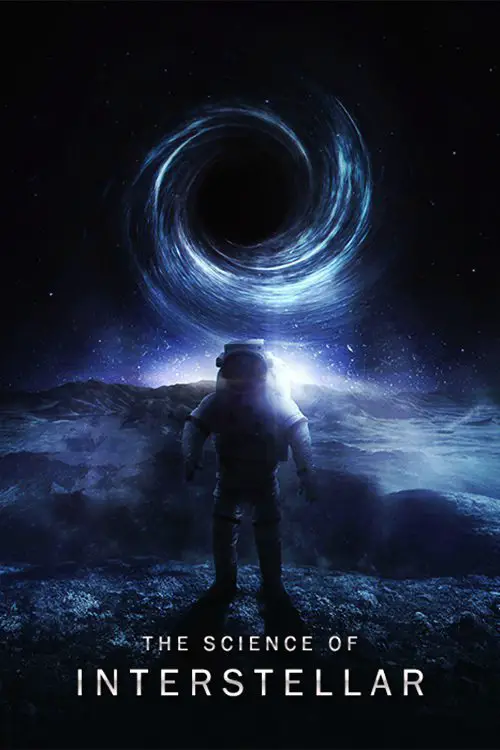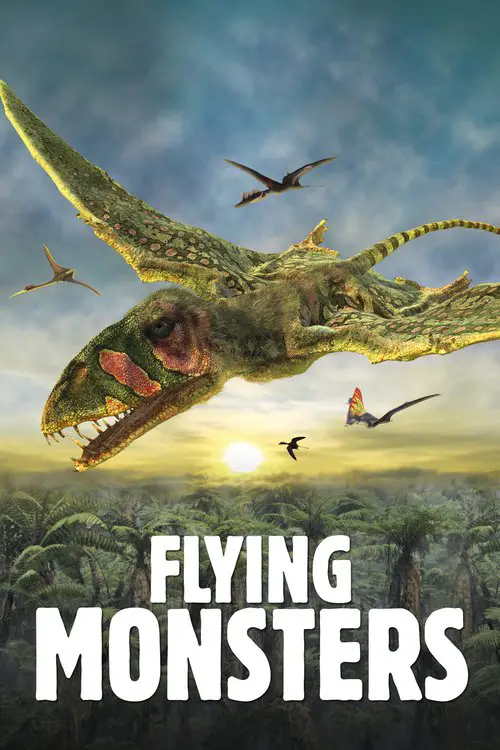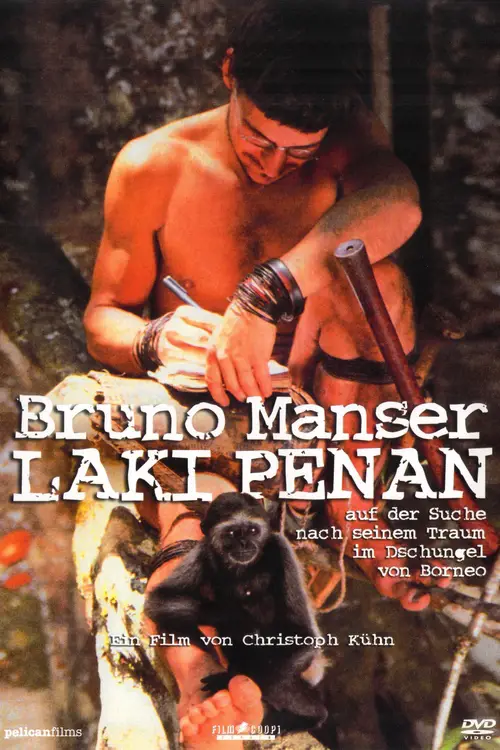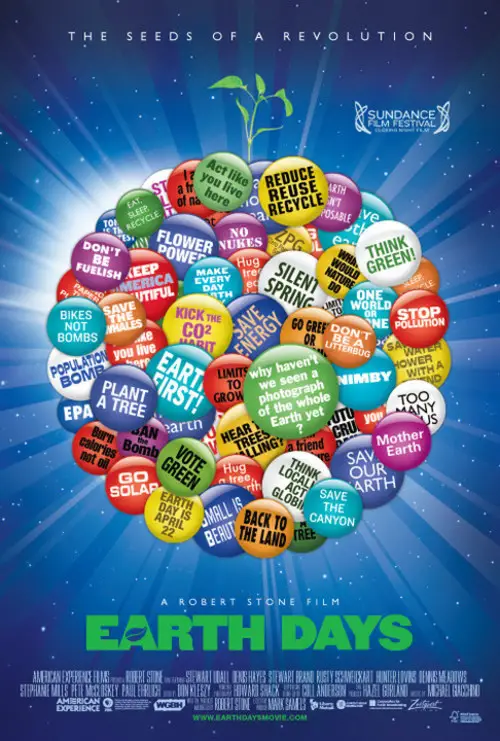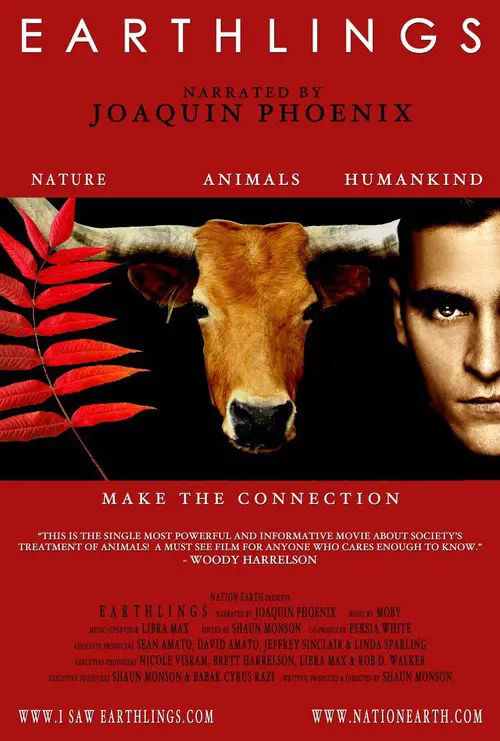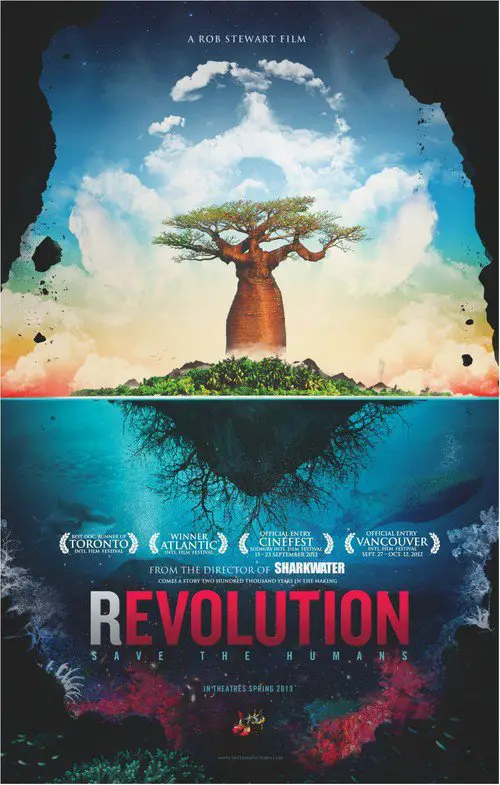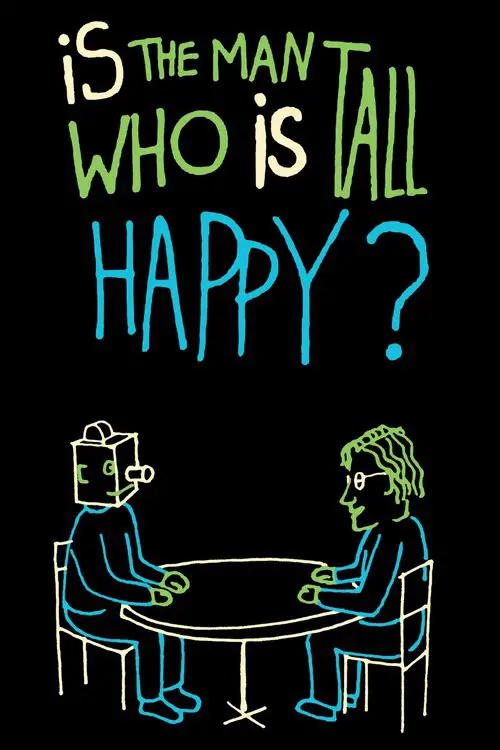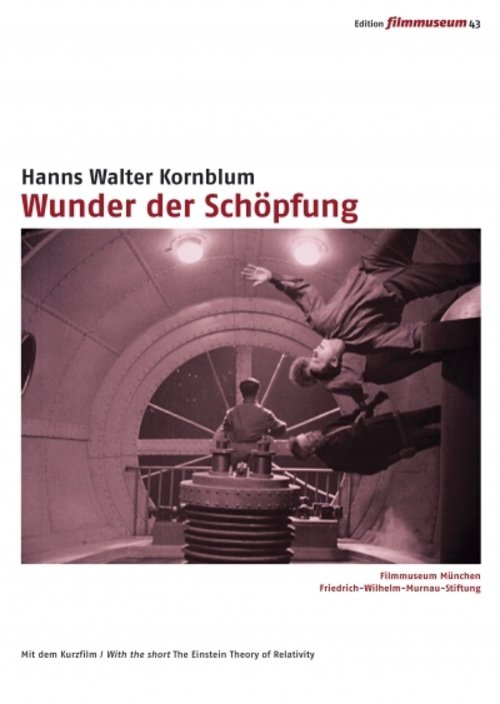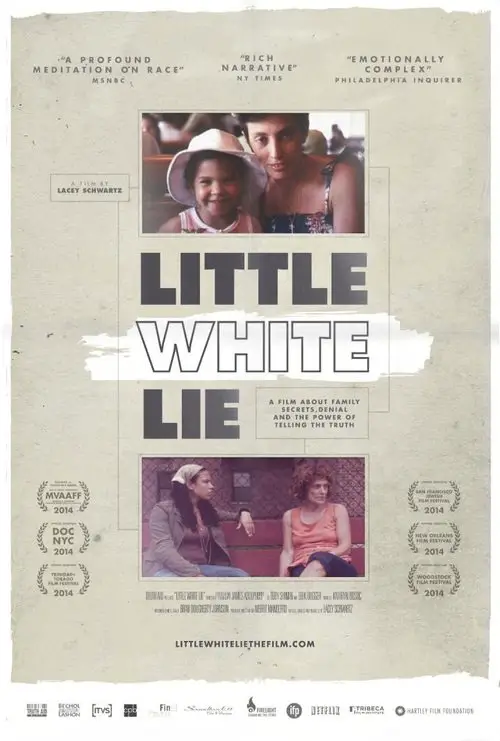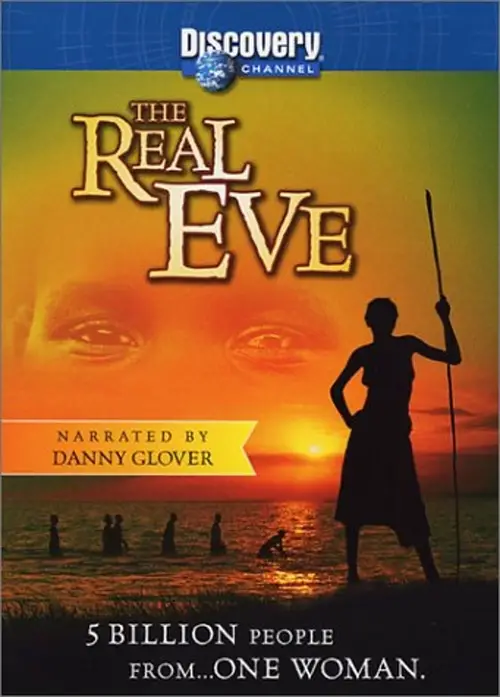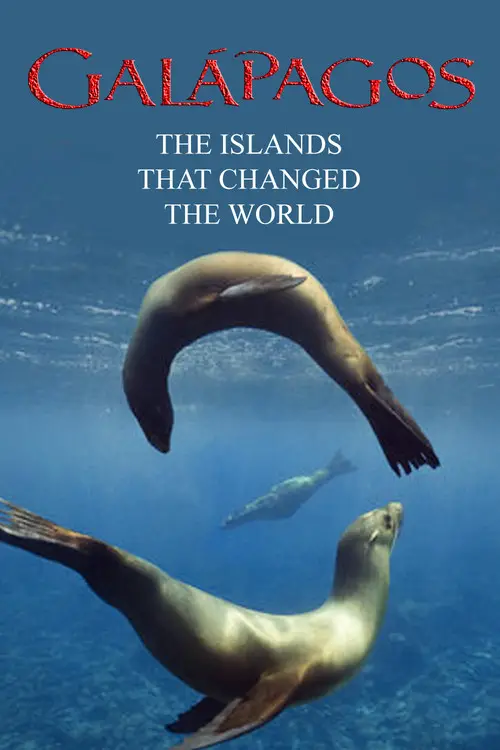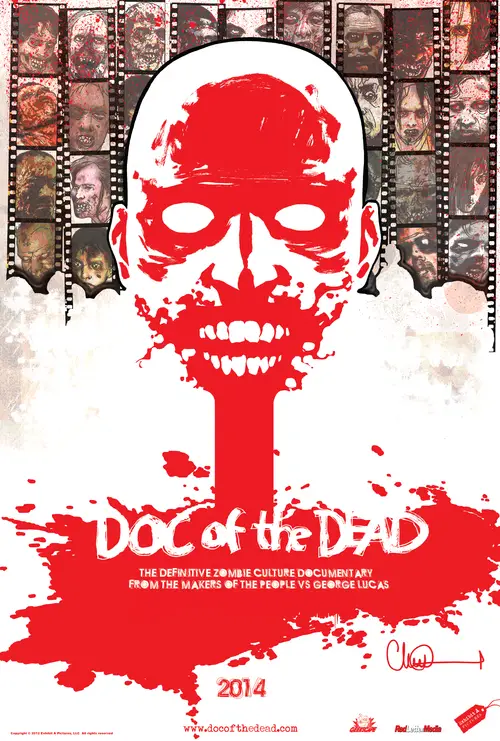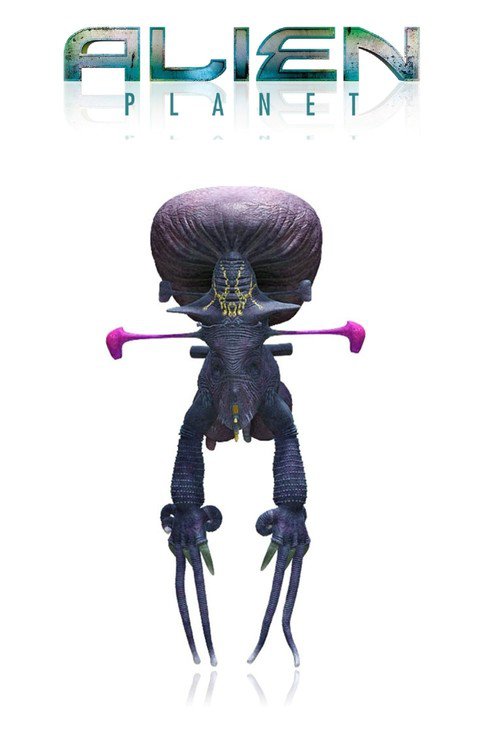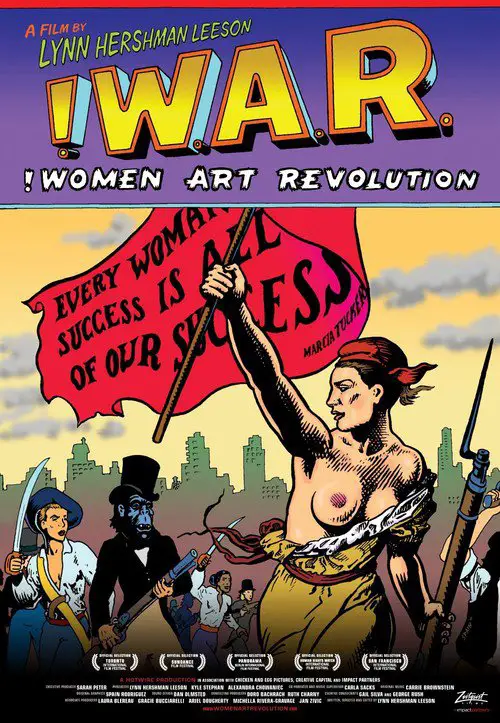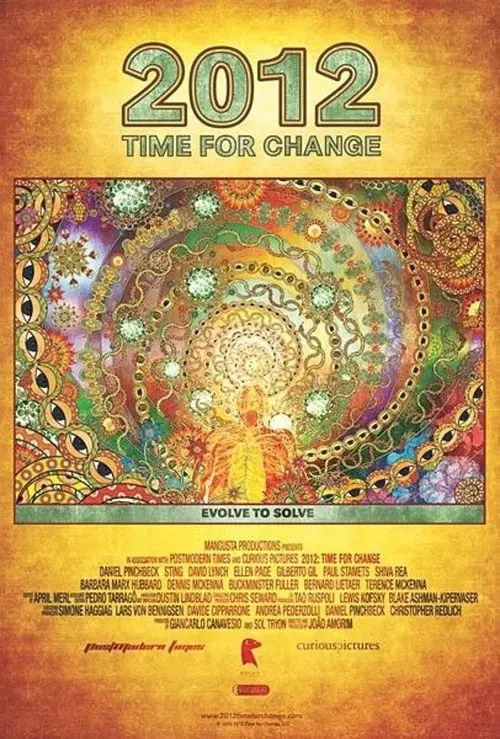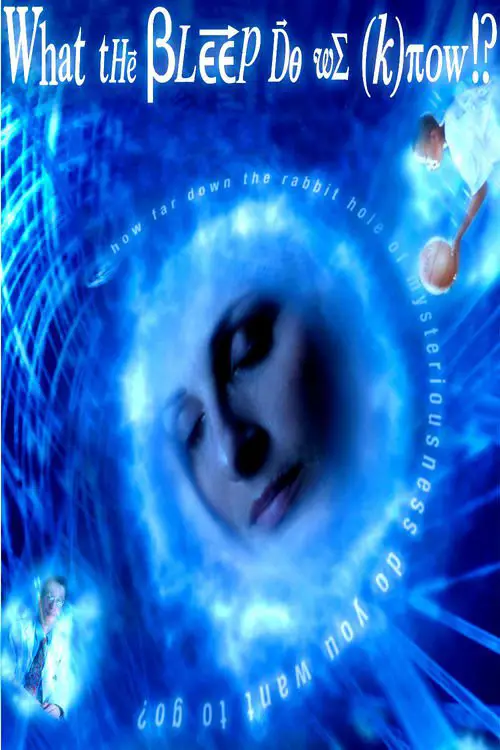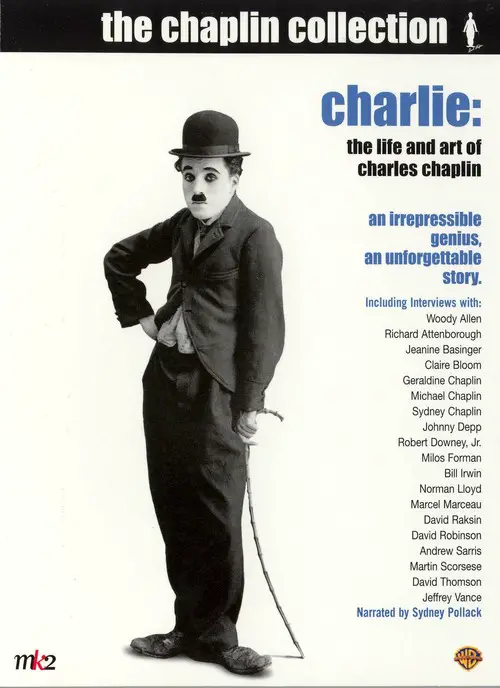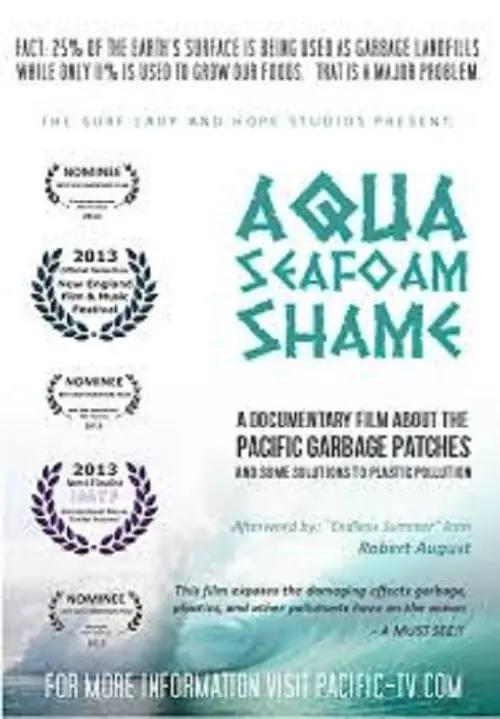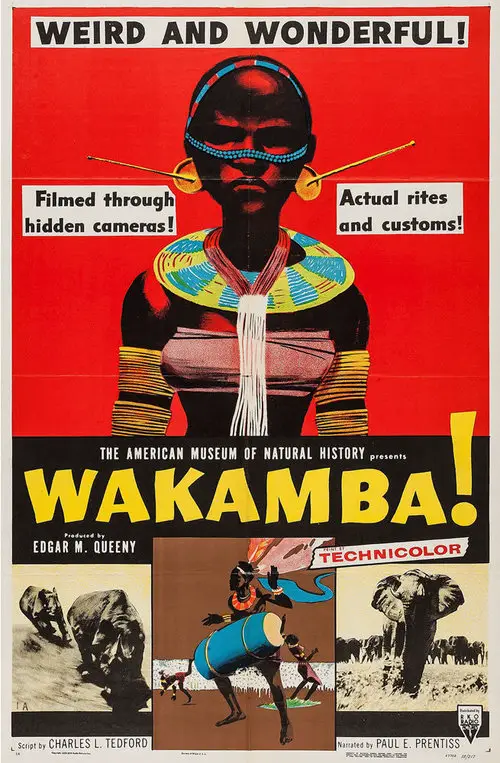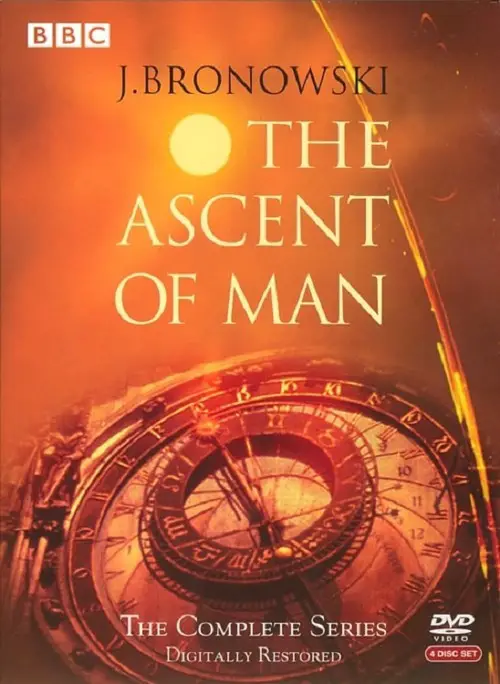Life on Earth (1979)

Similar movies
Darwin's great insight â that life has evolved over millions of years by natural selection â has been the cornerstone of all David Attenboroughâs natural history series. In this documentary, he takes us on a deeply personal journey which reflects his own life and the way he came to understand Darwinâs theory.
A documentary series from Channel 4, hosted by professor Richard Dawkins, well-known darwinist. The series mixes segments on the life and discoveries of Charles Darwin, the theory of natural selection and evolution, and Dawkins' attempts at convincing a group of school children that evolution explains the world around us better than any religion.
Hosted by Ben Stein, this controversial documentary examines how pro-intelligent design scholars and scientists are often chastised, fired or denied tenured positions by those who believe in Darwin's theory of evolution. Nathan Frankowski's film explores how scientists who believe in God are oppressed and how the acceptance of Darwinism might have played a role in the formation of the Nazi regime.
Documentary telling the little-known story of how Darwin came to write his great masterpiece, On the Origin of Species, a book which explains the wonderful variety of the natural world as emerging out of death and the struggle of life. In the twenty years he took to develop a brilliant idea into a revolutionary book, Darwin went through a personal struggle every bit as turbulent as that of the natural world he observed. Fortunately, he left us an extraordinary record of his brilliant insights, observations of nature, and touching expressions of love and affection for those around him. He also wrote frank accounts of family tragedies, physical illnesses and moments of self-doubt, as he laboured towards publication of the book that would change the way we see the world. The story is told with the benefit of Darwin's secret notes and correspondence, enhanced by natural history filming, powerful imagery from the time and contributions from leading contemporary biographers and scientists.
Geologist Ian Stewart explain in three stages of natural history the crucial interaction of our very planet's physiology and its unique wildlife. Biological evolution is largely driven bu adaptation to conditions such as climate, soil and irrigation, but biotopes were also shaped by wildlife changing earth's surface and climate significantly, even disregarding human activity.
Planet Earth: The Future is a 2006 BBC documentary miniseries on the environment and conservation, produced by the BBC Natural History Unit as a companion to the multi-award winning nature documentary Planet Earth. The programmes were originally broadcast on BBC Four immediately after the final three episodes of Planet Earth on BBC One. Each episode highlights the conservation issues surrounding some of the species and environments featured in Planet Earth, using interviews with the film-makers and eminent figures from the fields of science, conservation, politics, and theology. The programmes are narrated by Simon Poland and the series producer was Fergus Beeley.
Featuring Michael Pollan and based on his best-selling book, this special takes viewers on an exploration of the human relationship with the plant world -- seen from the plants' point of view. Narrated by Frances McDormand, the program shows how four familiar species -- the apple, the tulip, marijuana and the potato -- evolved to satisfy our yearnings for sweetness, beauty, intoxication.
When objectively considered, does contemporary scientific evidence point toward or away from a supernatural Creator? Strobel interviewed scientists and scholars from a wide range of disciplines for the answers. Based upon a New York Times best-seller, The Case For A Creator is a remarkable film about Lee Strobel's journey from spiritual skepticism to a profound faith in the God who has etched His indelible signature upon every galaxy and living cell. The Creator now revealed by 21st century science.
David Attenborough's legendary BBC crew explains and shows wildlife all over planet earth in this 10-episode miniseries. The first is an overview the challenges facing life, the others are dedicated to hunting, the deep sea and various major evolutionary groups of creatures: plants, primates and other large sections of other vertebrates and invertebrates.
Earth teems with a staggering variety of animals, including 9,000 kinds of birds, 28,000 types of fish, and more than 350,000 species of beetles. What explains this explosion of living creaturesâ1.4 million different species discovered so far, with perhaps another 50 million to go? The source of life's endless forms was a profound mystery until Charles Darwin brought forth his revolutionary idea of natural selection. But Darwin's radical insights raised as many questions as they answered. What actually drives evolution and turns one species into another? To what degree do different animals rely on the same genetic toolkit? And how did we evolve?
Through the power of IMAX 3D, experience a wondrous adventure from the dinosaur age. Join Julie, an imaginative young woman, in a unique voyage through time and space. Explore an amazing underwater universe inhabited by larger-than-life creatures which were ruling the seas before dinosaurs conquered the earth. See science come alive in an entertaining manner and get ready for a face-to-face encounter with the T-Rex of the seas!
Humanityâs ascent is often measured by the speed of progress. But what if progress is actually spiraling us downwards, towards collapse? Ronald Wright, whose best-seller, âA Short History Of Progressâ inspired âSurviving Progressâ, shows how past civilizations were destroyed by âprogress trapsââalluring technologies and belief systems that serve immediate needs, but ransom the future. As pressure on the worldâs resources accelerates and financial elites bankrupt nations, can our globally-entwined civilization escape a final, catastrophic progress trap? With potent images and illuminating insights from thinkers who have probed our genes, our brains, and our social behaviour, this requiem to progress-as-usual also poses a challenge: to prove that making apes smarter isnât an evolutionary dead-end.
The story of a race against time to help preserve the untouched forests of Burma and its wildlife. For the first time in over 50 years, a team of wildlife filmmakers from the BBC's Natural History Unit and scientists from the world renowned Smithsonian Institution has been granted access to venture deep into Burma's impenetrable jungles. Their mission is to discover whether these forests are home to iconic animals, rapidly disappearing from the rest of the world.
A look at the state of the global environment including visionary and practical solutions for restoring the planet's ecosystems. Featuring ongoing dialogues of experts from all over the world, including former Soviet Prime Minister Mikhail Gorbachev, renowned scientist Stephen Hawking, former head of the CIA R. James Woolse
Imagine a world far, far into the future. A world very different from our own, a time where mankind has been wiped out by massive climactic and geological changes. What would that world be like, and what kinds of creatures could survive changes that nearly destroyed the Earth? And international team or eminent scientists was formed to predict the future and its new life forms in 5 million, 100 million and 200 million years. The scientists predicted that the Earth would go through several phases. To capture these worlds are accurately as possible, a camera crew traveled to remote locations around the globe. State-of-the-art animation helped bring to life the beings of the future.
Most people don't think about singing when they think about revolutions. But song was the weapon of choice when, between 1986 and 1991, Estonians sought to free themselves from decades of Soviet occupation. During those years, hundreds of thousands gathered in public to sing forbidden patriotic songs and to rally for independence. "The young people, without any political party, and without any politicians, just came together ... not only tens of thousands but hundreds of thousands ... to gather and to sing and to give this nation a new spirit," remarks Mart Laar, a Singing Revolution leader featured in the film and the first post-Soviet Prime Minister of Estonia. "This was the idea of the Singing Revolution." James Tusty and Maureen Castle Tusty's "The Singing Revolution" tells the moving story of how the Estonian people peacefully regained their freedom--and helped topple an empire along the way.
'An Ecology of Mind' is a filmic portrait of anthropologist, biologist, and psychotherapist Gregory Bateson. Bateson believed that, 'The major problems in the world are the result of the difference between the way nature works and the way people think.' Seen through the relationship between father and daughter, this documentary is an invitation into 'systems thinking' and interrelationships in the natural world. 'Looking at what holds systems together is a radical step toward sewing the world back together, from the inside.'
Regular opening times do not apply as we accompany Sir David Attenborough on an after-hours journey around Londonâs Natural History Museum, one of his favourite haunts. The museum's various exhibits coming to life, including dinosaurs, reptiles and creatures from the ice age. Shot by the same 3D team that worked on Gravity, examines how the animals and creatures at the London museum once roamed the earth.
Award-winning musician Björk and legendary broadcaster and naturalist Sir David Attenborough have admired each other's work for years but this is the first time they have discussed their mutual love of music and the natural world on screen. In this remarkable documentary, Björk explores our unique relationship with music and discovers how technology might transform the way we engage with it in the future.
The cane toad was imported from Hawaii in 1935 to save Queensland's sugar crop from the grey-back beetle. It failed because the beetle could fly and the cane toad couldn't. But the cane toad stayed to become a pest of plague proportions and part of local culture and popular mythology. This offbeat and entertaining documentary presents not just the biological information, but also the surprising range of people's attitudes to these grotesque creatures, including keeping them as pets.
Itâs simple math: we can burn less than 565 more gigatons of carbon dioxide and stay below 2°C of warming â anything more than that risks catastrophe for life on earth. The only problem? Fossil fuel corporations now have 2,795 gigatons in their reserves, five times the safe amount. And theyâre planning to burn it all â unless we rise up to stop them.
220 million years ago dinosaurs were beginning their domination of Earth. But another group of reptiles was about to make an extraordinary leap: pterosaurs were taking control of the skies. The story of how and why these mysterious creatures took to the air is more fantastical than any fiction. In Flying Monsters 3D, Sir David Attenborough the worldâs leading naturalist, sets out to uncover the truth about the enigmatic pterosaurs, whose wingspans of up to 40 feet were equal to that of a modern day jet plane.
The documentary retraces the steps of Bruno Manser, a man from Switzerland who went to live with the indigenous tribe of the Penan in the Jungle of Borneo and endef up helping their struggle to defend their rainforest against greedy logging companies. The movie features original film, photo and voice recordings by Bruno Manser made in the 1980s, as well as new recordings showing how the life of the Penan has changed in just a few decades.
Revolution is a new movie from internationally-acclaimed filmmaker Rob Stewart. A follow-up to his award-winning documentary Sharkwater, this continues his remarkable journey of discovery to find out that what he thought was a shark problem is actually a people problem. As Stewart's battle to save sharks escalates, he uncovers grave dangers threatening not just sharks, but humanity. In an effort to uncover the truth and find the secret to saving our own species, Stewart embarks on a life-threatening adventure through 15 countries, over four years in the making. In the past four years the backdrop of ocean issues has changed completely. Saving sharks will be a pointless endeavor if we are losing everything else in the ocean, not just sharks. Burning fossil fuels is releasing carbon dioxide into the atmosphere; changing the oceans, changing atmospheric chemistry and altering our climate.
Wunder der Schöpfung is an extraordinary, fascinating Kulturfilm trying to explain the whole human knowledge of the 1920s about the world and the universe. 15 special effects experts and 9 cameramen were involved in the production of this film which combines documentary scenes, historical documents, fiction elements, animation scenes and educational impact. It its beautifully colored, using tinting and toning in a very elaborated way. Some visual ideas in the sequences with a space shuttle visiting different planets in the universe seem to have to be the inspiration for Stanley Kubrick's 2001: A Space Odyssey.
Little White Lie tells Lacey Schwartz's story of growing up in a typical upper-middle-class Jewish household in Woodstock, NY, with loving parents and a strong sense of her Jewish identity â despite the open questions from those around her about how a white girl could have such dark skin. She believes her family's explanation that her looks were inherited from her dark-skinned Sicilian grandfather. But when her parents abruptly split, her gut starts to tell her something different. At age of 18, she finally confronts her mother and learns the truth: her biological father was not the man who raised her, but a black man named Rodney with whom her mother had had an affair. The Filmmakers Lacey Schwartz Producer/Director Mehret Mandefro Producer James Adolphus Co-Director http://www.itvs.org/films/little-white-lie
The made-for-cable documentary film The Real Eve is predicated on the theory that the human race can be traced to a common ancestor. The mitochondrial DNA of one prehistoric woman, who lived in Africa, has according to this theory been passed down from generation to generation over a span of 150,000 years, supplying the "chemical energy" to all humankind.
There is little wonder why a humble group of Pacific islands - el archipielago de Colón â continue to capture the attention and fascination of so many, throughout the centuries of contemporary human history. The Galápagos islands, born of fire, shaped by the sea, and inhabited by the fortunate and the hapless, are truly a biological microcosm and a geologic phenomenon.
The dynamic meeting of solid science and futuristic simulation culminates in a dramatic exploration to another inhabited planet seven light years away. Alien Planet creates a realistic depiction of creatures on another world, where life is possible, if not provable, according to scientists' theories. Take this fascinating journey created by state-of-the-art animation and photo-realistic effects.
Amanda (Marlee Maitlin) is a divorced woman who makes a living as a photographer. During the Fall of the year Amanda begins to see the world in new and different ways when she begins to question her role in life, her relationships with her career and men and what it all means. As the layers to her everyday experiences fall away insertions in the story with scientists, and philosophers and religious leaders impart information directly to an off-screen interviewer about academic issues, and Amanda begins to understand the basis to the quantum world beneath. During her epiphany as she considers the Great Questions raised by the host of inserted thinkers, Amanda slowly comprehends the various inspirations and begins to see the world in a new way.
If Michael Moore were a lady who went after companies who still produce plastic, when the Pacific Garbage Patch is now the size of the continental United States. This Pacific Ocean Trash Vortex by Hawai'i is a more serious issue than any war, economic, or ecologic crisis facing the planet today. We hereby document the process by which conscientious companies, some because of our encouragement, switch from plastic to a more sustainable alternative. A David and Goliath project by night; Sisyphus by day.
American docudrama film which takes place in Kenya. It is a dramatized presentation of some of the social customs of the Bantu people, as represented through a young native hunter, Tandu. Narrated by Paul E. Prentiss, the film was a co-production of the American Museum of Natural History and Jarville Studios.
© Valossa 2015–2026
| Privacy Policy

